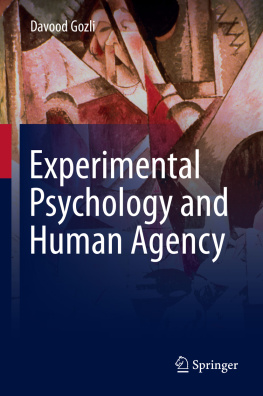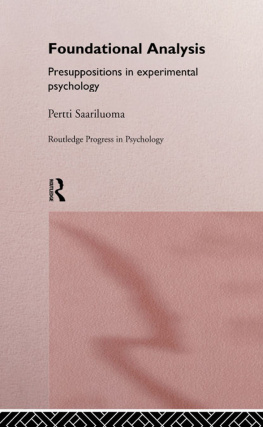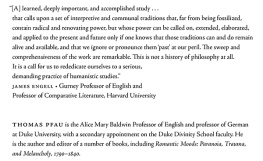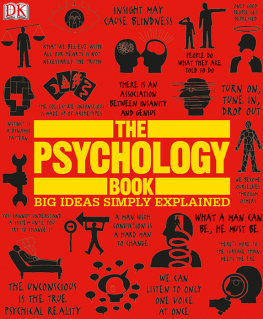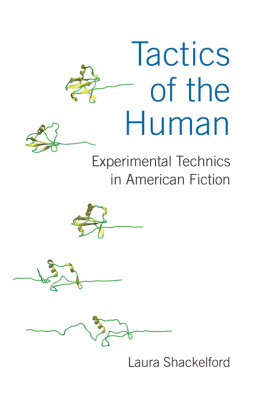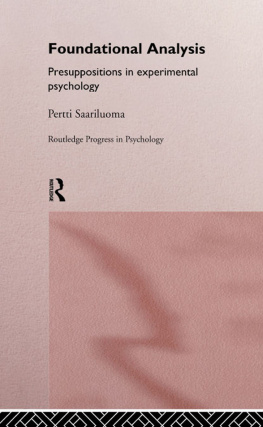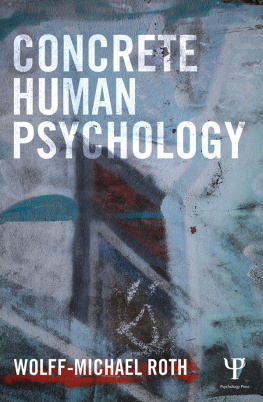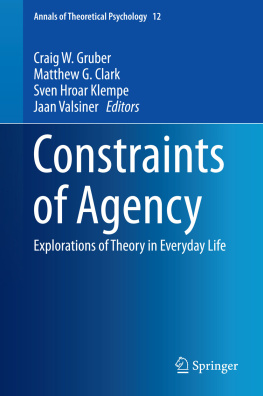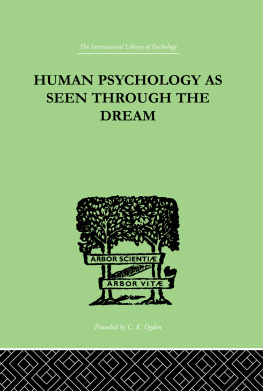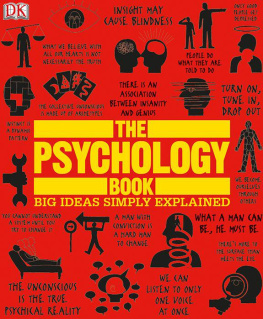Davood Gozli - Experimental Psychology and Human Agency
Here you can read online Davood Gozli - Experimental Psychology and Human Agency full text of the book (entire story) in english for free. Download pdf and epub, get meaning, cover and reviews about this ebook. year: 2019, publisher: Springer International Publishing, genre: Politics. Description of the work, (preface) as well as reviews are available. Best literature library LitArk.com created for fans of good reading and offers a wide selection of genres:
Romance novel
Science fiction
Adventure
Detective
Science
History
Home and family
Prose
Art
Politics
Computer
Non-fiction
Religion
Business
Children
Humor
Choose a favorite category and find really read worthwhile books. Enjoy immersion in the world of imagination, feel the emotions of the characters or learn something new for yourself, make an fascinating discovery.
- Book:Experimental Psychology and Human Agency
- Author:
- Publisher:Springer International Publishing
- Genre:
- Year:2019
- Rating:5 / 5
- Favourites:Add to favourites
- Your mark:
- 100
- 1
- 2
- 3
- 4
- 5
Experimental Psychology and Human Agency: summary, description and annotation
We offer to read an annotation, description, summary or preface (depends on what the author of the book "Experimental Psychology and Human Agency" wrote himself). If you haven't found the necessary information about the book — write in the comments, we will try to find it.
Experimental Psychology and Human Agency — read online for free the complete book (whole text) full work
Below is the text of the book, divided by pages. System saving the place of the last page read, allows you to conveniently read the book "Experimental Psychology and Human Agency" online for free, without having to search again every time where you left off. Put a bookmark, and you can go to the page where you finished reading at any time.
Font size:
Interval:
Bookmark:
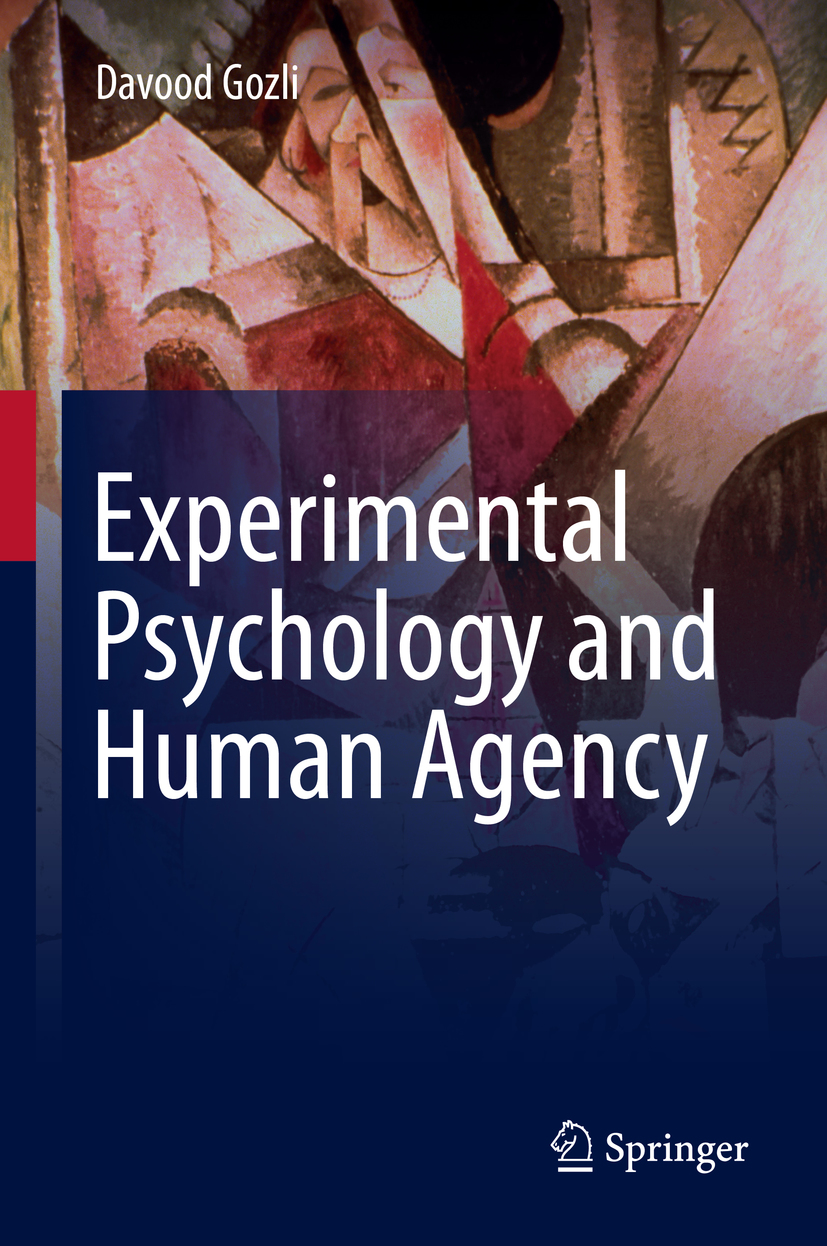

Cover Image The Print Collector / Alamy Stock Photo
This Springer imprint is published by the registered company Springer Nature Switzerland AG
The registered company address is: Gewerbestrasse 11, 6330 Cham, Switzerland
Critique of an activity is a form of engagement with the activity, which stimulates new ways of thinking about it. Good critique does not come from a will to dismiss. Neither does it come from pessimism or despair. That is not to say that critics should find no trace of pessimism in their minds but that pessimism does not have to be the only, or the primary, force behind their work. Critique can be grounded in hope and commitment. It can be the expression of ones attachment to ones tradition. Critics might be less certain and less engrossed in the assumptions of their tradition, but they are not necessarily less attached or less engaged. The present book, despite its critical approach, is written in a spirit of hopeful engagement. It reflects my effort to become aware of, and to make explicit, the assumptions and practices of my tradition of research.
To claim that critique of an activity is possible, or useful, is to claim that the activity can be done unreflectively, without regard for its significance within the larger context or its direction in the long run. Such a sentiment applies to experimental psychology, in which most of us begin our careers as research assistants. A research assistant begins contributing to a field of research without fully understanding its aims and scope and without the ability to evaluate its progress. A research assistant, for understandable reasons, begins with trust. This trust is placed not only in research activities, but also in the means of evaluating success and merit (e.g., number of publications). We might presuppose that as we continue our training, and while moving up the chain of command, we transition from unknowing and unreflective participants into reflective and knowing investigators, equipped with better means of evaluation, mindful of the broader context and long-term directions. What does such a transition require? Salesmanship, unconditional defense of ones field and ones career, might succeed in keeping a field alive, but it does not produce reflective investigators. What is required is critique. This book makes a case for the place and value of critique in experimental psychology.
Holding unpopular positions becomes easier with the support of friends and colleagues. I would like to thank Bernhard Hommel and Lilith Dorko for encouraging me to write this book. I would also like to thank Lei Chang, Head of Psychology at University of Macau, for giving me a job and the freedom to break the mould. Roland Pfister, Matt Hilchey, and Paul Seli were among the first who noticed the change in my writing and their comments encouraged me to continue. Thanks also to Jason Rajsic and Greg Huffman, my former lab mates at the University of Toronto, who have kept our stimulating conversations alive despite geographic distance. The same goes for my friends, Thomas Camus, Peter Limberg, Siavash Kazemian, Daniel Kazandjian, and my doctoral advisor, Jay Pratt. I would also like to express thanks to Raymond Bergner, Bruno Bocanegra, Sophia Deng, Nevia Dolcini, Fiona Hibberd, Bryant Jongkees, Jens Mammen, Hyojin Pak, Fenna Poletiek, Roberta Sellaro, Vivienne Tao, Carol Ting, Sara Yanny-Tillar, and Kathy Worthington. I am thankful to my parents, Mina and Kurosh, and my siblings, Pooya and Saba, for their unwavering love and support. Finally, I am grateful to my beloved wife, Kay Wong, for helping me remain resilient and lighthearted.
Being lost has different meanings when applied to subjects and objects. When an object is lost for me, I lose contact with it. That means I neither experience it at the moment nor know how to bring it into view. By contrast, being lost for a subject does not mean having lost contact with oneself. It means having lost contact with a frame of reference. To be lost as a subject is to no longer know ones way around (Sellars, , p. 1). It is akin to being in the dark. One would reach out or take a step without knowing the consequence. A lost object has to be found. A lost subject has to find its place. Our concern in this book is with finding the place of experimental psychology.
True or false, the claim Experimental psychology is lost is meant to highlight that the discipline comprises not only a set of activities and observations but also viewpoints, ways of thinking and talking. It includes viewpoints that can be in contact, or lose contact, with the broader context of human concerns (Blackman, Cromby, Hook, Papadopoulos, & Walkerdine, ). What does it mean for research to be in contact with a broader context? When we hear about some research findings, we might ask, So what? What are the imports of what I just heard in the more familiar domains of life, e.g., study, work, leisure, communication, and relationships?
One common response is to dismiss the concern: What we are doing is basic science. We are not responsible for interpreting what we find in relation to everyday concerns. Although that seems reasonable, let us assume someone is interested in connecting the two domains. How should they go about it? To answer the So what? question, one needs to find certain bridges that can connect the findings of an experiment to a larger context. These bridges are not bridges of translation. They do not involve changing one set of words with another. Rather, they are bridges of relevance. They supply the given research findings with a larger network of interconnected concepts and, in so doing, they find a place for the research. They help distinguish the type of research that speaks to everyday experience from the type that does not.
Font size:
Interval:
Bookmark:
Similar books «Experimental Psychology and Human Agency»
Look at similar books to Experimental Psychology and Human Agency. We have selected literature similar in name and meaning in the hope of providing readers with more options to find new, interesting, not yet read works.
Discussion, reviews of the book Experimental Psychology and Human Agency and just readers' own opinions. Leave your comments, write what you think about the work, its meaning or the main characters. Specify what exactly you liked and what you didn't like, and why you think so.

